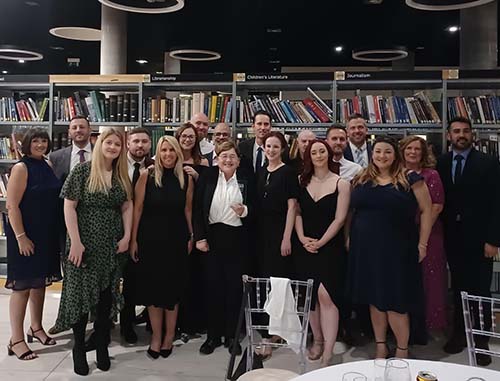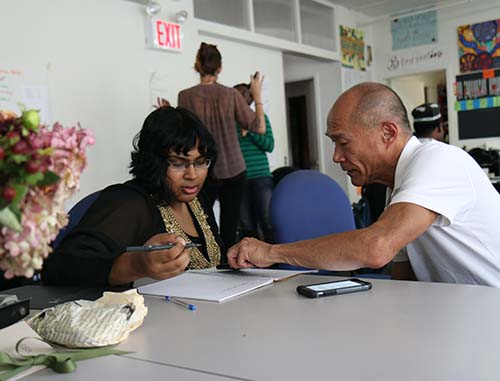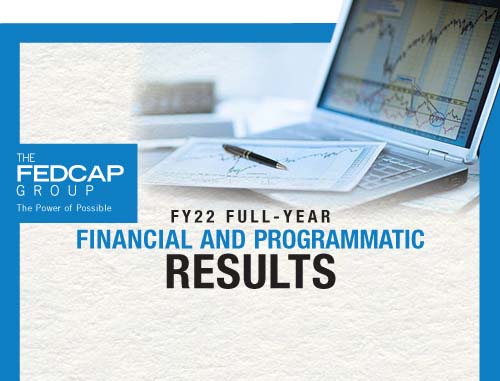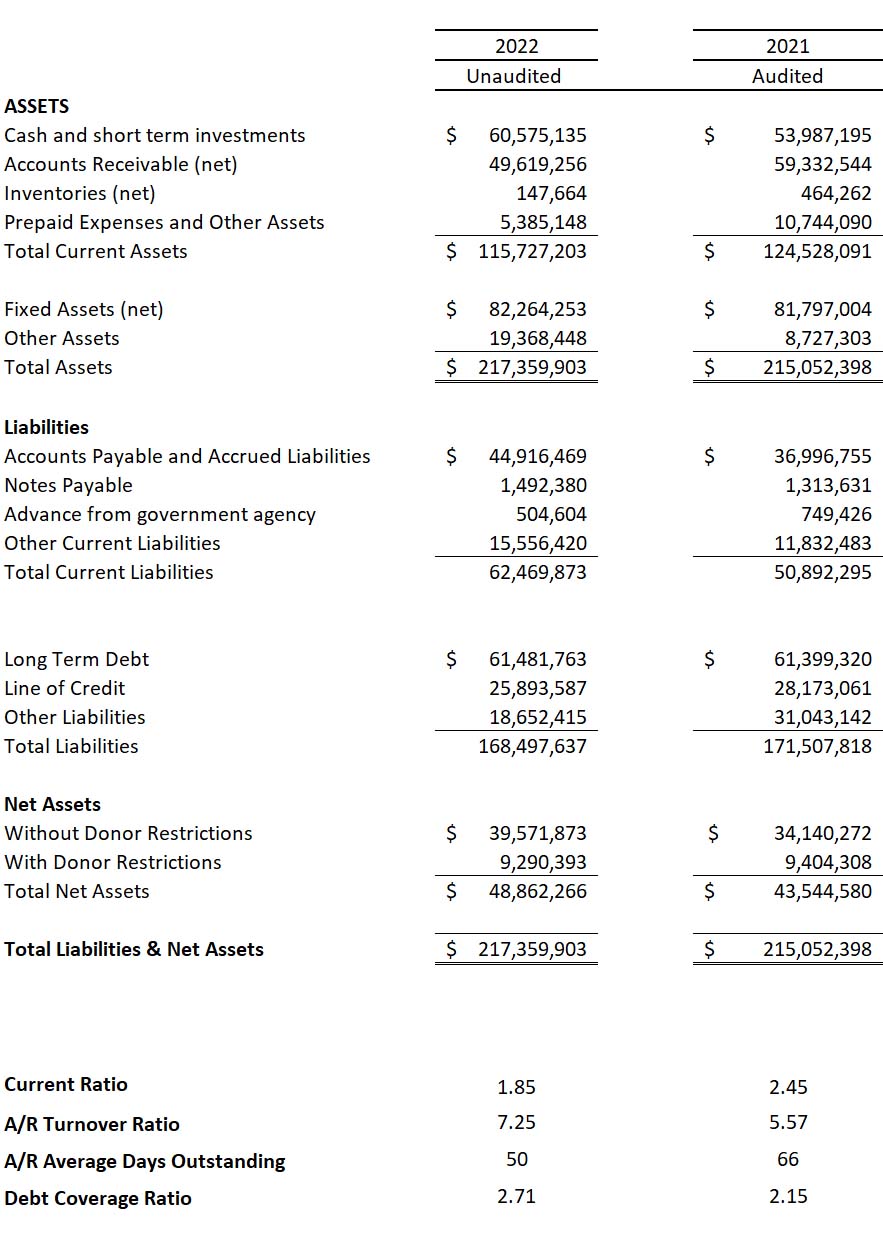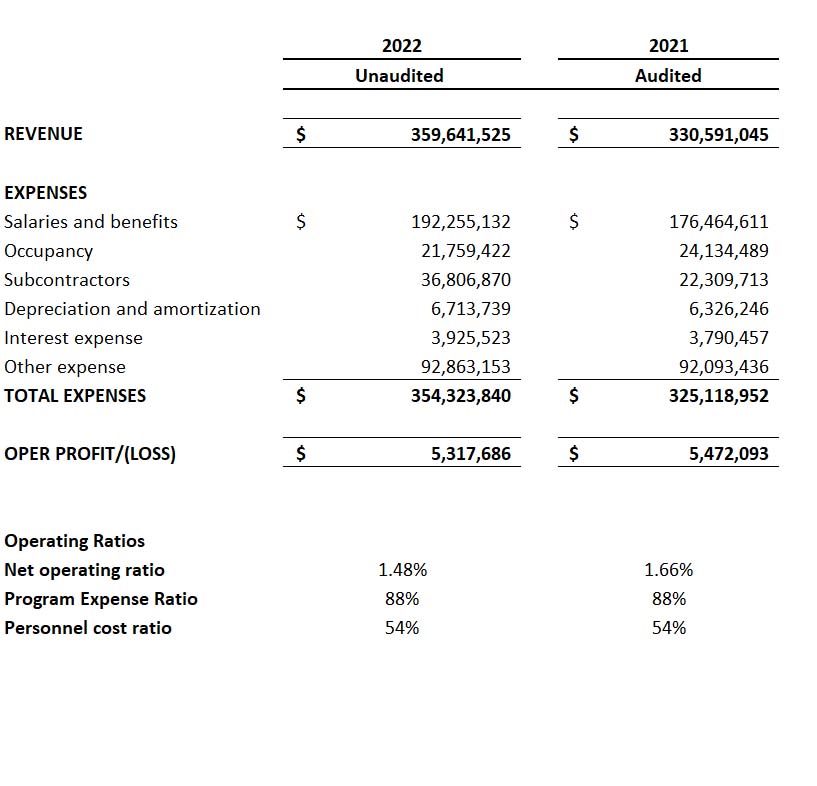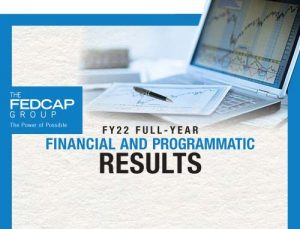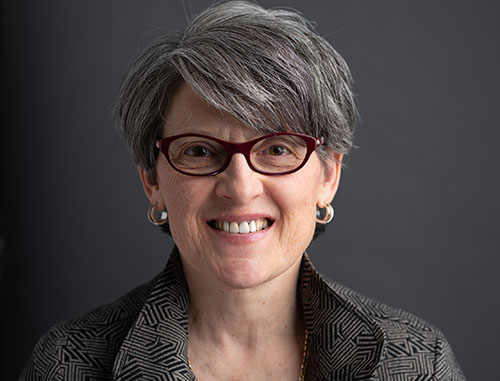La Idea de Ser Agradecido/a es Simplemente una Buena Idea
23 noviembre 2022
Mañana en los Estados Unidos celebramos el Día de Acción de Gracias (Thanksgiving). Si bien disfruto el día de fiesta y ciertamente de la extraordinaria comida; a menudo me desconcierta la idea de que dejemos a un lado un día para estar agradecidos.
Hay tantos libros de autoayuda y una creciente fuente de investigación que sugiere que el acto de practicar la gratitud tiene enormes beneficios a largo plazo.
Encontré un artículo informativo en “Intelligent Change”, que describe con cierto grado de detalle los beneficios concretos de la gratitud.
La Gratitud Te Convierte en Optimista y Generoso/a
En uno de los primeros experimentos medidos sobre la gratitud, el psicólogo Martin Seligman pidió a 411 personas que le escribieran y entregaran personalmente una carta de gratitud a una persona en su vida que se lo mereciera. Esta actividad aumentó enormemente tanto sus puntajes de felicidad, como la autosatisfacción y sus predicciones futuras, en comparación con un grupo de control. Estos efectos duraron un mes entero. En pocas palabras, la gratitud los convirtió en más optimistas por más tiempo.
La gratitud Disminuye el Materialismo
Aunque las cosas materiales son el mínimo necesario para sobrevivir, sobreestimar su valor puede ser personalmente perjudicial. El materialismo tiene relación consistentemente con una menor satisfacción con la vida. Mientras que la investigación de 2014 citada anteriormente demostró que las personas que practicaron regularmente la gratitud eran menos materialistas y tendían a estar más satisfechas con sus vidas y las posesiones materiales que ya tenían.
Beneficios Emocionales de la Gratitud
Los principales investigadores sobre gratitud, Emmons y McCollough, descubrieron que mantener un diario personal de gratitud y pasar solo cinco minutos en él por día puede hacerte al menos un 10% más feliz a largo plazo. Esto significa que todo lo que se necesita para cambiar nuestro modo de pensar hacia la positividad, es la voluntad de mejorar nuestra vida para bien, así como la práctica, el compromiso y solo un par de minutos por día.
Beneficios Sociales de Practicar la Gratitud
Todos hemos experimentado que las personas que están satisfechas y felices son simplemente más divertidas. Un informe de investigación de 2011 reveló que nuestras amistades tienden a fortalecerse cuando expresamos gratitud a nuestros amigos. El acto de expresar gratitud hace que los problemas sean más fáciles de resolver y la percepción mutua entre amigos se vuelve más positiva.
Y en este mismo artículo se habló sobre los beneficios de la gratitud en la carrera profesional de uno mismo/a.
La investigación de Recursos Humanos nos dice que los trabajadores prefieren una cultura de trabajo que sea colaborativa, donde los colegas reconozcan los esfuerzos de los demás y no sean tímidos para decirse “gracias”.
¡No somos los únicos que afirmamos que la gratitud te hace mejor! La investigación científica muestra que el agradecimiento mejora tus habilidades organizativas e inspiradoras. Los consejeros agradecidos resultan ser mucho mejores orientadores que aquellos que siguen las reglas estrictas.
Además, esta práctica positiva tiende a mejorar nuestra paciencia y los procesos de toma de decisiones al cambiar nuestro enfoque de las gratificaciones a corto plazo hasta los objetivos a largo plazo. Esto es particularmente importante cuando se trata de la cultura del trabajo y la oficina, ya que seguir los objetivos a corto plazo conduce a la confusión y al caos. Por otro lado, centrarse en objetivos a largo plazo nos da más sentido, tanto en términos de relaciones laborales como de aspiraciones profesionales.
La Gratitud Mejora la Satisfacción Laboral
Afortunadamente, la psicología positiva ha tenido un impacto tanto en el desarrollo profesional como en el asesoramiento. Es por eso que hoy tenemos una rica fuente de investigación comprobada sobre rasgos y hábitos que están relacionados con la satisfacción laboral general.
Investigaciones recientes de 2015 revelaron que la gratitud es uno de los factores más importantes que afectan la razón del significado de las personas en el trabajo. Las personas agradecidas parecen ser las que terminan “viviendo el propósito de su vida”, además, son más felices en su lugar de trabajo.
Pero eso no es todo. La implementación de la práctica de gratitud en el trabajo mejora significativamente la salud mental de los empleados y reduce la apariencia de su estrés y los síntomas depresivos en el trabajo. La gratitud resulta ser un factor de seguridad, que mejora la resistencia de las personas en todo tipo de situaciones estresantes.
Beneficios de Salud de la Gratitud
Y por último, pero quizás lo más importante, repasemos los beneficios de salud de la gratitud.
Puede parecer increíble, pero la gratitud realmente mejora nuestra salud, tanto mental como física. El mecanismo es bastante simple: expresando la gratitud reduce el estrés y promueve emociones positivas, cambia tanto la química de nuestro cerebro como la de nuestro cuerpo. Esto protege nuestro sistema de órganos vitales, especialmente aquellos que son sensibles al estrés, como el sistema cardiovascular.
En el siguiente par de párrafos, describiremos los beneficios más importantes de la gratitud para nuestra salud mental y física.
La Gratitud Mejora la Salud Mental
La piedra angular de la salud mental es el sueño de alta calidad. Las personas que no duermen bien difícilmente pueden esperar que sus otras funciones mentales funcionen al máximo. ¿Tienes dificultades para conciliar el sueño? ¿O tal vez eres del tipo de persona que duerme, aunque tu alarma suene sin fin?
Si la respuesta es sí a una (o ambas) de estas preguntas, considera que de acuerdo con la investigación de Emmons y McCollough, el diario personal de gratitud ayuda a las personas a dormir mejor. Si deseas mejorar tus ciclos de sueño, intenta completar un diario personal de gratitud todas las noches antes de acostarte. El Diario de Cinco Minutos (The Five Minute Journal), está diseñado para que tú te tomes unos pocos minutos al día, por la mañana y por la noche, para responder cinco simples questiones que te ayuden a ser más positivo/a y agradecido/a.
Ya estás familiarizado con el hecho de que la gratitud reduce la ansiedad, la depresión y los síntomas de estrés, que también son factores importantes de salud mental. De hecho, todo de lo que hablamos hasta ahora (beneficios emocionales, relaciones personales, satisfacción profesional) todos estos son los principales componentes de la salud mental, y todos pueden ser influenciados positivamente por la práctica de la gratitud.
Un estudio de 2012 realizado por investigadores de la Universidad de Kentucky descubrió que la gratitud es un antídoto contra la agresión. Los participantes que practicaban la gratitud de forma regular eran más propensos a expresar comportamientos prosociales y eran más sensibles y comprensivos. La gratitud también resultó ser crucial para reducir los síntomas del trastorno de estrés postraumático entre los veteranos de la Guerra de Vietnam.
La investigación muestra que la práctica de la gratitud permite a las personas a desarrollar un arsenal de fortalezas personales que pueden ayudarlos a mantenerse sobrios y productivos a largo plazo. Es por eso que Narcóticos Anónimos (Narcotics Anonymous), ha adoptado la práctica de la gratitud como uno de los componentes clave para la recuperación. Cuando se trata de la depresión, un estudio de un caso donde una mujer que adoptó enseñanzas y prácticas budistas para combatir la depresión mostró que la práctica de la gratitud era la más beneficiosa en su camino hacia la recuperación.
La Gratitud Mejora la Salud Física
Cuando se trata de los beneficios de la gratitud en la salud física, hay varios niveles de efecto. Un estudio realizadoen 2013 determinó que las personas agradecidas tienen una mejor salud física en general; medida por una serie de síntomas que experimentan. Como mencionamos anteriormente, una posible explicación para esto es que la gratitud reduce los niveles que se perciben del estrés, lo que nos hace más fuertes y saludables.
Para ampliar aún más el tema: Emmons y McCollough descubrieron que las personas agradecidas también están más en forma.
¿Significa esto que deberías añadir gratitud a tu plan de alimentación?
Bueno, tal vez. Por supuesto, practicar la gratitud no te hará más delgada por sí solo, pero según su investigación, las personas que lo hacen tienen más probabilidades de hacer ejercicio regularmente. Entonces, sí, cuando planifiques tu alimentación y plan de entrenamiento, asegúrate de agregar cinco minutos para practicar la gratitud, ya que puede ser un impulso significativo.
Los mismos investigadores también descubrieron que la gratitud reduce los síntomas del dolor físico, mientras que otras investigaciones mostraron que puede ayudar a los pacientes con ataques al corazón a recuperarse más rápido. ¿Cómo es posible? Los investigadores dicen que las personas que practican la gratitud están más dispuestas a cuidarse y eliminar los malos hábitos como fumar o comer alimentos poco saludables. También experimentan menos estrés, que es crucial para combatir las enfermedades coronarias.
La gratitud sacas a las personas fuera de sí mismas y las lleva a un lugar que es parte de una red más grande e intrincada de relaciones sostenibles.
Hay una frase de Kristin Armstrong que me parece especialmente digna de mención. “Escribo sobre el poder de intentarlo, porque quiero estar bien con el fracaso. Escribo sobre la generosidad, porque lucho contra el egoísmo. Escribo sobre la alegría, porque he conocido el dolor. Escribo sobre la fe, porque casi pierdo la mía, y sé lo que es ser abatida y necesitar salvación. Escribo sobre la gratitud porque estoy agradecida, por todo ello”.
Y esto impacta la actitud general de nuestra fuerza laboral. Investigadores de “The London School of Economics”, en el análisis de 51 empresas, encontraron que, si bien los incentivos financieros podían o no funcionar cuando se trataba de motivar a los empleados, existía evidencia abrumadora de que la gratitud y el aprecio eran impulsores altamente efectivos para el personal. Descubrieron que el 80% de los empleados estaban dispuestos a trabajar más duro para un jefe agradecido.
“Solemos pensar en las organizaciones como sitios transaccionales donde se supone que deberíamos ser “profesionales”, dice Ryan Fehr, profesor asistente de administración en la Universidad de Washington, de Seattle, quien recientemente publicó un artículo que resume el panorama de la gratitud en los negocios. “Podríamos pensar que no es profesional llevar cosas como la gratitud o la compasión al lugar de trabajo, sin embargo, la evidencia sugiere que la gratitud y el aprecio contribuyen al tipo de entorno laboral del cual las personas quieren formar parte. “
¡Feliz día de la Gratitud y del Agradecimiento!
